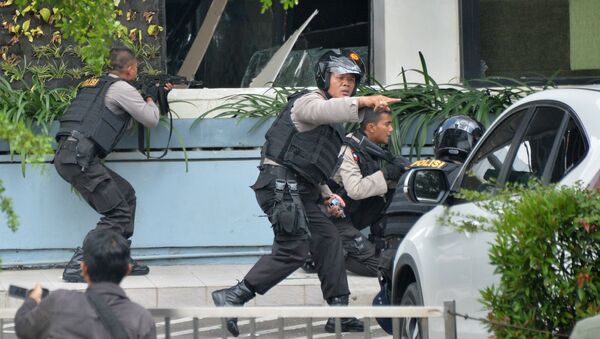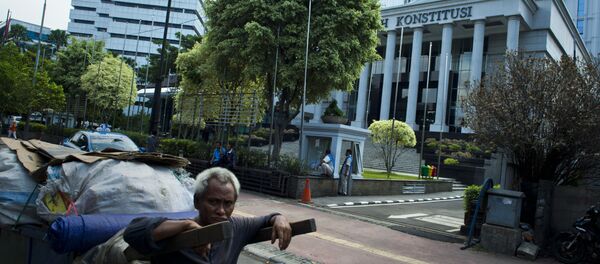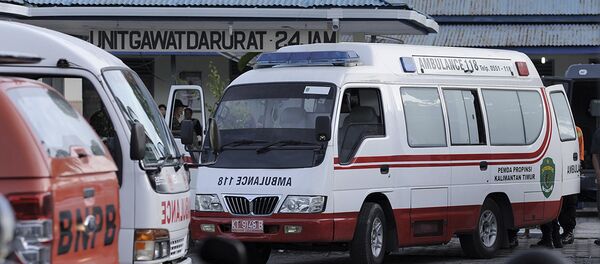"The advent of family terrorism is a new development in Southeast Asia, something local terrorists have never done before," Delfin Lorenzana, secretary of national defense for the Philippines, said Sunday at the Shangri-La Dialogue summit in Singapore, CNBC reported.
Last month, there were multiple bombings in Surabaya that involved three families, including kids, carrying out terror attacks. On May 13, at least 13 people were killed and 40 injured after a family of six people, including a nine-year old and a twelve-year old, committed suicide bombings on three churches in the country's second-most populous city.
According to reports, the family that carried out the suicide attacks was connected to Jamaah Ansharut Daulah (JAD), a militant Islamist group that supports Daesh. The group is a splinter from Jamaah Ansharut Tauhid, the group responsible for the 2002 Bali bombings that killed 202 people and injured 209.
Also on May 13, another explosion killed three people at an apartment building in the town of Sidoarjo, which borders Surabaya, according to the Jakarta Post. The blast was presumably caused by an accidental detonation of an explosive device.
Just one day later, on May 14, a family of five detonated a bomb at the Surabaya police headquarters. The attack was carried out by suspects driving "vehicles," AFP cited East Java Police spokesman Frans Barung Mangera saying. At least seven police officers were killed, local media reported.
According to Indonesian Minister of Defense Ryamizard Ryacudu, the rise in family terrorism is caused by "third-generation terrorism." In the first iteration, the violent jihadist ideology of terror groups like Daesh starts in the Middle East. Later, terrorist attacks occured in Europe before eventually spreading to east Asia through radicalizing forces on social media. In addition, he notes that cryptocurrencies enabled terrorists to transfer money anonymously with greater ease and engage in encrypted messaging.
Indonesian President Joko Widodo has reportedly vowed to push through new anti-terrorism legislation to combat growing networks of Islamist militants in the country, which is the world's most populous Muslim country. Moreover, Widodo has called the Surabaya attacks "the act of cowards, undignified and barbaric," Reuters reported.
Ryacudu also warned that Myanmar may face an increase in terrorism as well.
"We have to pay special attention to the Rohingya issue in Myanmar because if it is not properly managed, refugees can be recruited by ISIS groups," said Ryacudu, CNBC reported.
The Rohingyas are a Muslim minority group living in mostly-Buddhist Myanmar, which borders Bangladesh and Thailand. Myanmar has a long history of brutally discriminating against Rohingya people. Close to 370,000 Rohingyas have fled the violence in Myanmar to Bangladesh, the United Nations reports.






